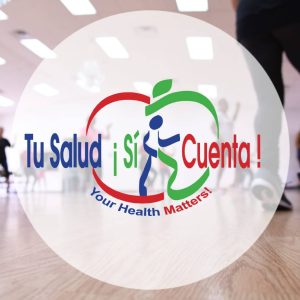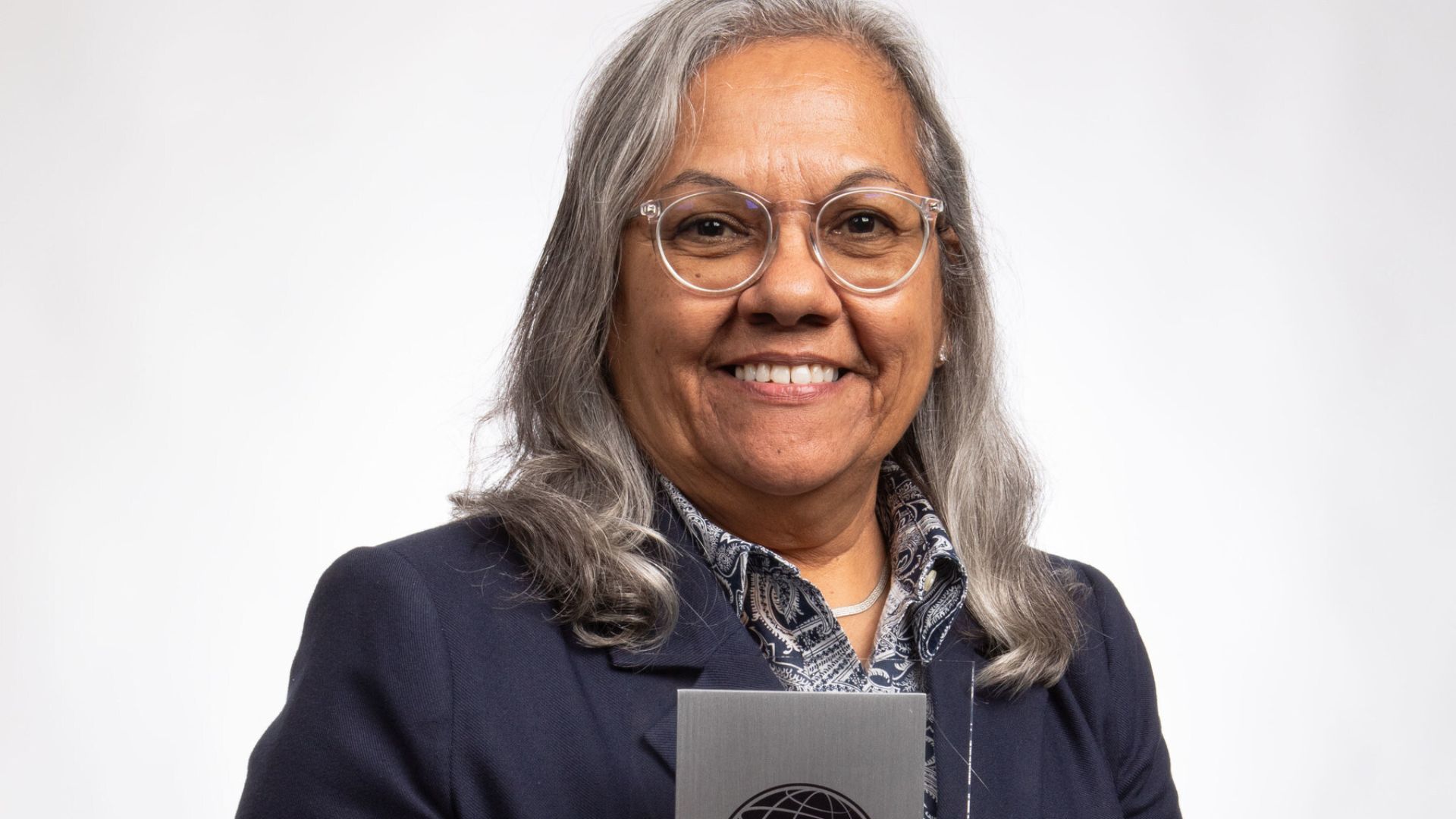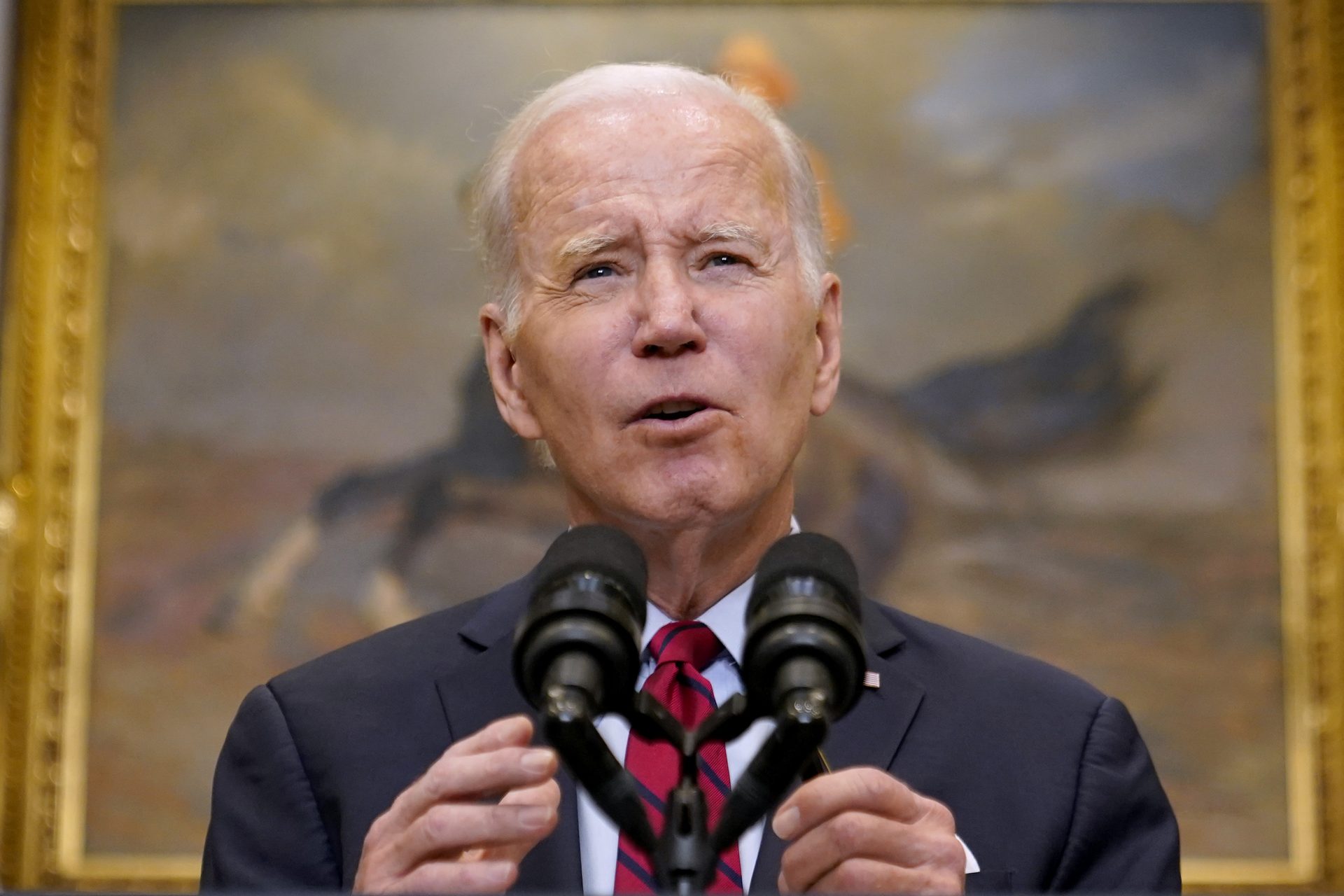We have certainly complicated health and wellbeing in our modern society by increasingly monetizing health care and health remedies. As the health industry became hugely profit driven in the latter part of the 20th century, the emphasis shifted from prevention and emergency care to high-dollar treatment of disease focused on what would bring highest profit versus general well-being. While some great advances in medicine occurred, the focus shifted to costly and specialized interventions for the increasingly lifestyle-driven chronic diseases like obesity, diabetes, hypertension, depression/anxiety and some cancers.
The disease prevention space was left wide open, and was filled quickly by more profit-driven entities marketing dietary supplements, cosmetic and surgical interventions to address the effects of our poor nutrition, sedentary and high stress lifestyles.
The commercialization of pharmaceuticals is the most dramatic evidence of this, noticed by anyone who visits the United States from another country. Television ads pitch every type of medication, from treatments for heart disease to aids for sexual virility, glowing skin, ADHD, diabetes and nail fungus.
In all the frenzy to sell health, we may have strayed from some tried and true messages about living a simple and healthy life. This is not to blame the individuals — we regular people try to keep up with our frantic and individualistic culture that surrounds us with relatively inexpensive food that makes us sick, and in many cases demands that we fill our days with driving and working until we come home and fall into a heap of exhaustion so we can stare at screens or drink alcohol to “destress.”
The counter to the poor health effects of this lifestyle is more frantic marketing of diets and gyms and vitamin supplements.
It is hard not to be consumed by the multibillion-dollar diet and beauty marketing industry. Furthermore, when we do get to an actual doctor, those of us who have access to health care often are prescribed more medication, sometimes legitimately so, and told to “change our lifestyle,” without any meaningful support or guidance.
There are, however, some tried and true truths about healthy living that obviously will not prevent all disease, but may help us promote wellbeing in ourselves and our families. Science does change, because science is about discovery and curiosity, and I absolutely respect the advances in medical science. However, when it comes to healthy lifestyle and prevention of chronic diseases, the science indicates that regular implementation of some simple truths is the best medicine. These simple truths have lasted the test of time and the rigor of modern research and I thought it may be helpful to reflect on those strategies.
I was recently looking through some very interesting historic documents about health published the 1800s. For example, a book with writings by physician George Cheyne, MD, published in 1827 in London, called “Practical Rules for the Restoration and Preservation of Health and the Best Means for Invigorating and Prolonging Life.” The book divides the chapters into different aspects of our wellbeing, with titles like “Of Sleep,” “Of Evacuations and their Obstructions,” “Of Movement and Exercise,” “Of the Passions” (aka sex). The book is very holistic in that it frankly and openly addresses all aspects of our day-to-day living including nutrition, sleep and bowel movements! Here are some great quotes and messages I gleaned from this historic document:
“Whatever was the original constitution of man (we will assume this applies to women as well), in our present state, a due degree of exercise is indispensably necessary towards health and long life.”
“Children naturally love all kinds of exercise which naturally promotes their health, increases their strength and stretches out their organs.”
“Students and sedentary men must eat a great deal less than those very same men might do if they were engaged in an active life.”
Cheyne does not, however, define exercise as hours of gym workouts or marathon running; rather, he describes the benefits of walking and being outside because “Walking is the most natural and effectual exercise ….” He also mentions that exercise should be taken outside whenever possible because “… (outdoor) air contributes mightily to the benefits of exercise.”
On food, Cheyne gets straight to the point. “Animal food and strong liquors seem not to have been designed for man in his original make and frame. …” In other words, eat less (or no) meat, and reduce alcohol consumption.
Another book titled “The restoration of health; or the application of the laws of hygiene to the recovery of health,” published in 1865 by William Strange, M.D., a member of the Royal College of Physicians in London, discusses the importance of rest and sleep.
 Tu Salud ¡Si Cuenta! (Your Health Matters!)
Tu Salud ¡Si Cuenta! (Your Health Matters!)“It appears pretty certain that several of the great functions of the body derive the principal part of their renewed vigour during the period of sleep.” He goes on to discuss the benefits to our neurological system when we have consistent and sufficient periods of rest and sleep.
He even addresses the health effects of extreme poverty and excessive wealth.
“Thus superabounding luxury, pinching poverty, labour too severe, or idleness carried to a length of total inertia … proper supplies of nourishment cut off, destructive elements continually thrown in, will wear out the resistance of the most enduring fortitude and courage.”
In summary, we’ve known what constitutes healthy living and promotes wellbeing for a very long time. While we cannot oversimplify the many modern barriers preventing us from living and adhering to these simple truths, we must also not overcomplicate, or in many cases, overmedicate. The missing element is often a community of support, and a culture that helps us achieve health and invigorate life, because Tu Salud ¡Si Cuenta! (Your Health Matters!).
Lisa Mitchell‑Bennett is senior project manager at the UTHealth Houston School of Public Health Brownsville Campus.
 Lisa Mitchell‑Bennett
Lisa Mitchell‑BennettThe post Commentary: Tips for healthy living appeared first on MyRGV.com.
 (2).png)
 3 weeks ago
28
3 weeks ago
28








 English (US)
English (US)